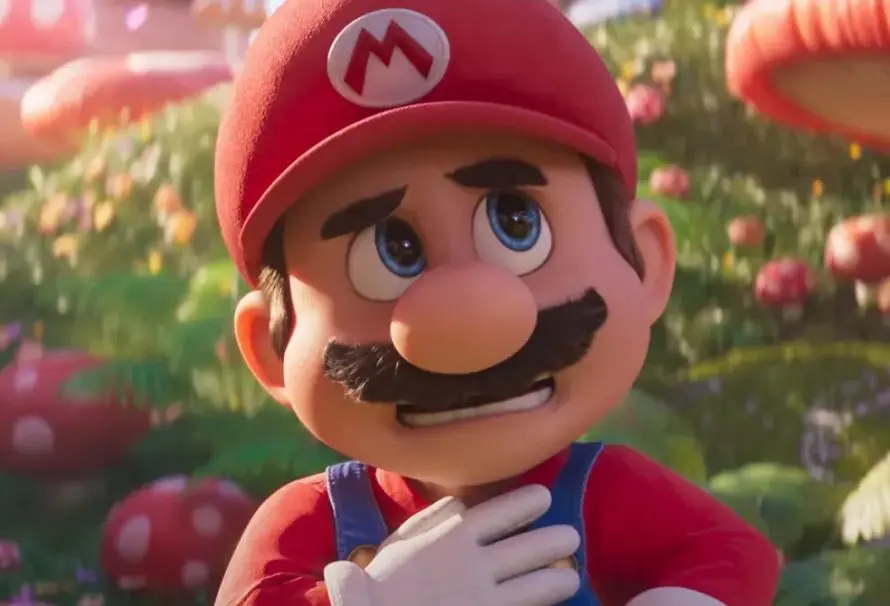Nintendo Loses Lawsuit Against Costa Rican Supermarket “Super Mario” – What You Need to Know
In a surprising legal twist, Nintendo has lost a lawsuit against a Costa Rican supermarket using the name “Super Mario.” This case not only shakes up the world of intellectual property but also raises important questions about trademark disputes in Latin America.

Background of the Dispute
Nintendo, a global icon in the video game industry, has long been protective of its intellectual property. The company filed a lawsuit against a local Costa Rican supermarket that chose to name itself “Super Mario”—a name synonymous with one of Nintendo’s most famous franchises. The case quickly became a hot topic among legal experts and fans alike.
What Sparked the Lawsuit?
- Trademark Infringement Claim: Nintendo argued that the supermarket’s name could confuse consumers, potentially diluting the powerful Super Mario brand.
- Global IP Strategy: This move was part of Nintendo’s broader strategy to safeguard its intellectual property across international borders.
- Local Business Rights: The Costa Rican supermarket defended its right to use the name, arguing that it was a common phrase and part of the local lexicon, not meant to infringe on Nintendo’s brand identity.
The Court’s Decision: A Win for the Supermarket
After reviewing all the evidence and considering the arguments from both sides, the Costa Rican court ruled in favor of the supermarket. Here are some key points from the decision:
- Distinct Market Differences: The court highlighted the significant differences between a retail supermarket and the digital world of video games, reducing the likelihood of consumer confusion.
- Local Trademark Laws: The ruling emphasized that local trademark regulations can sometimes offer broader protection to smaller businesses, even against global giants.
- Precedent for Future Cases: This decision may influence how similar trademark disputes are handled in other countries, especially in regions where local business practices differ from international norms.
Implications for the Industry
The outcome of this case carries several important lessons for both large corporations and local businesses:
- Understanding Local Regulations: Global brands must be aware of local laws and cultural contexts when enforcing trademark rights.
- Consumer Perception Matters: Courts are increasingly considering how everyday consumers interact with and interpret brand names in different contexts.
- Opportunities for Local Businesses: Smaller companies might have more freedom to choose names that resonate with local culture, even if they echo globally recognized brands.
Why This Case Matters
- For Nintendo: This lawsuit serves as a reminder that even the most powerful brands can face unexpected challenges in international markets.
- For Supermarkets and Local Retailers: The decision reinforces the idea that local businesses have rights and protections that may not align with global brand strategies.
- For Legal Experts: The case offers valuable insights into the evolving landscape of trademark law in regions with unique consumer behaviors and legal frameworks.
Additional Insights: Navigating Trademark Conflicts in a Global Market
Understanding trademark disputes can be complex, but here are a few practical tips for businesses facing similar challenges:
- Conduct Thorough Research: Before choosing a name, ensure that it does not conflict with existing trademarks in your target market.
- Consult Legal Experts: Local legal advice can help navigate the nuances of regional trademark laws.
- Engage with the Community: Sometimes, a name that resonates with local culture can outweigh concerns over global recognition.